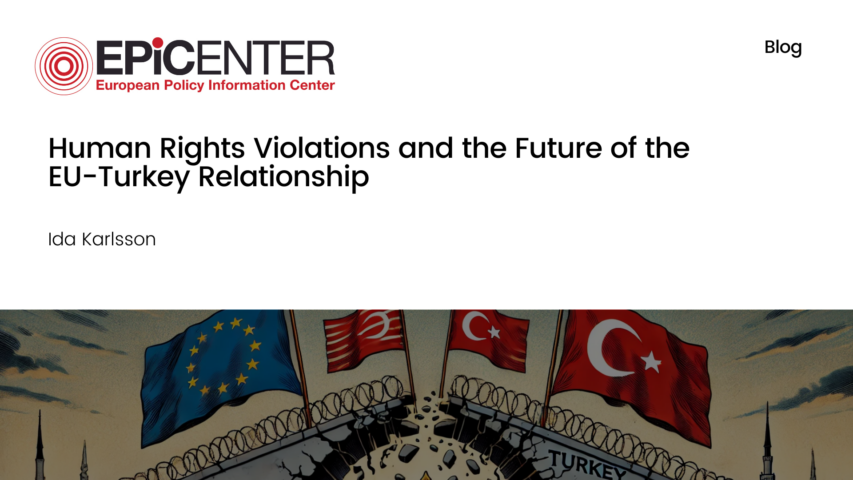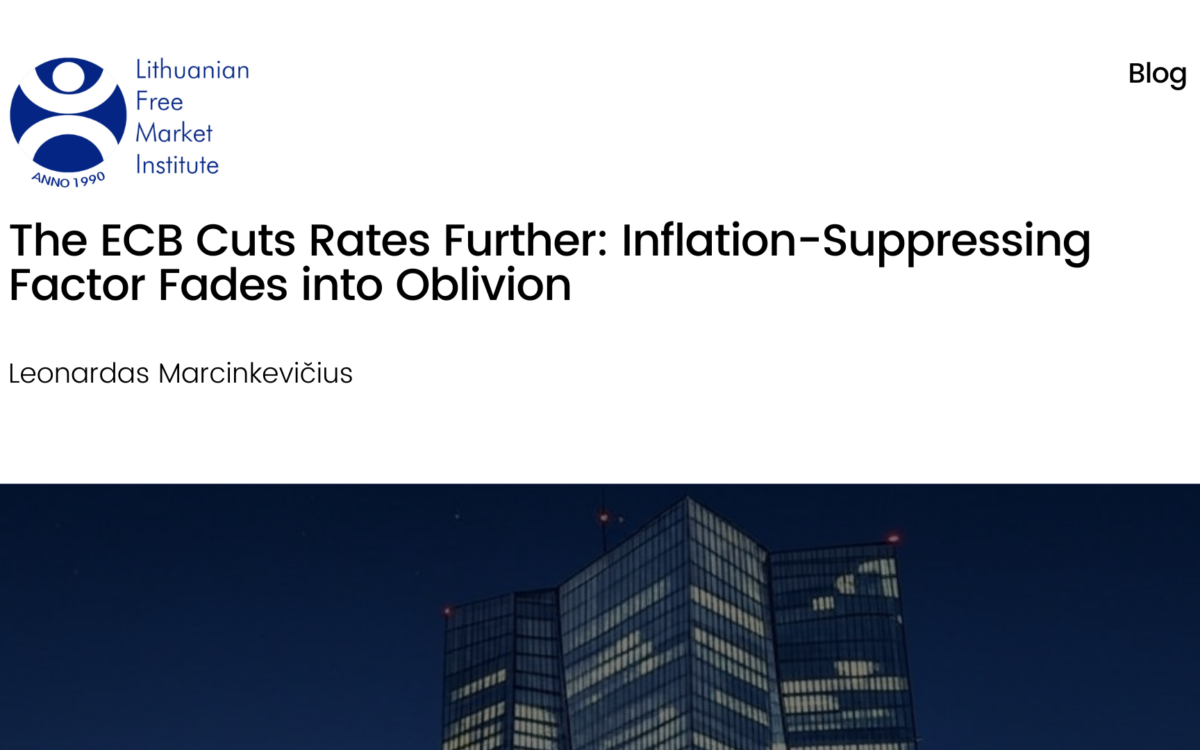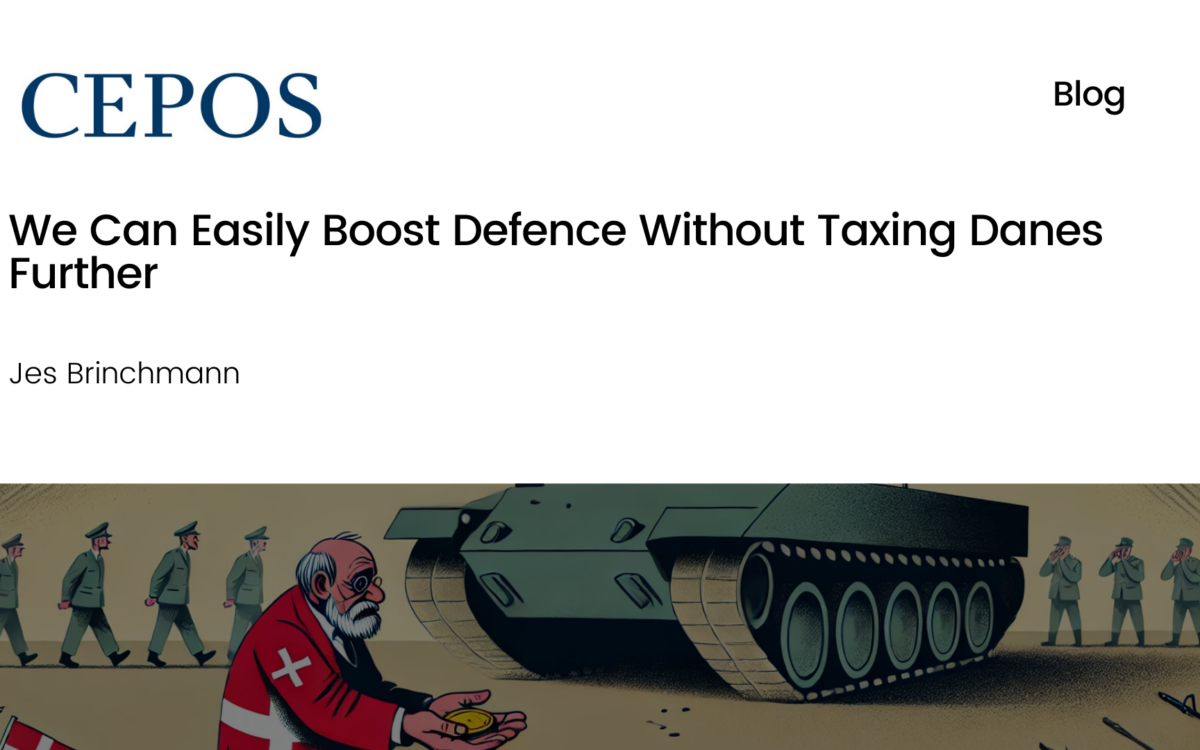Human Rights Violations and the Future of the EU-Turkey Relationship

Human Rights Violations and the Future of the EU-Turkey Relationship
Ida Karlsson // 1 June 2021
Recent events in Turkey have created extreme tensions between Turkey and the EU. There have been serious violations in the justice system, social life, and political life. The imprisonment of the leader of the People’s Democratic Party Selahattin Demirtas, the Syrian refugee crisis, and several violations against human rights are just a few examples of events that have contributed to the deteriorating relationship between the EU and Turkey. However, both Turkey and the EU can take steps to improve the relationship which involve both parties being self-critical and towards the human right violations that exist both in Turkey and the EU.
Turkey’s recent withdrawal from the Council of Europe Convention on Preventing and Combating Violence against Women and Domestic Violence is the most recent event to put a strain on the EU-Turkey relationship. The convention is ironically referred to as the Istanbul Convention due to Turkey’s involvement in its creation. Ursula von der Leyen has expressed her concern saying that she is “deeply worried about the fact Turkey withdrew from the Istanbul Convention” due to its importance in protecting women and children. This decision will have a deep impact on women’s security, which was visible only after 12 hours after the withdrawal during which time 6 women were murdered. It is likely that femicides will increase and that women’s appeals to authorities will be more easily dismissed. Furthermore, this decision is against Turkey’s constitution as the parliament must pass a law announcing the withdrawal from the Convention before Erdogan can act on it, which was not done. Leaving the Istanbul convention is, therefore, not only a violation of human rights but also a violation of Turkey’s democracy. Turkey justified its decision to leave the convention by saying it has been “hijacked” by groups attempting to “normalise homosexuality” which is against Turkey’s family values. The withdrawal does not only affect women and children, but also dehumanises and discriminates against homosexuals.
Turkey is a candidate for EU membership, but accession was frozen in 2018 due to evident disrespect shown towards fundamental democratic values such as the preservation of the rule of law and human rights violations. Since then, Turkey has been moving away from a freer society. However, Turkey is becoming an increasingly powerful neighbour to the EU. It has the world’s 17th largest economy, and the EU are dependent on them in terms of trade, investment, and security. The deteriorating relationship is, therefore, crucial to acknowledge and improve. However, there is no easy way to fix the relationship and it will probably not improve any time soon. Erdogan has continuously shown that Turkey will not fold under the pressure of the EU. Also, human rights are not something that the EU can, or should, negotiate on. Upholding human rights is a fundamental part of the EU and is too important for the people involved and for the implied message that negotiations would communicate.
However, all hope is not lost. EU leaders must remember that Turkey is more than Erdogan and that an irreversible separation would be extremely detrimental to both parties. There are small steps the EU can make to improve the relationship with Turkey in the long term. One of the things Erdogan and Turkey value most is recognition. The EU can, therefore, increase face-to-face interactions to build a stronger foundation for future cooperation. Including Turkey in discussions that involve them such as immigration and security will send the message to the current Turkish leadership that they are an important ally. This will also show Erdogan that the EU value Turkey and that they want to have a good and productive relationship. Simultaneously, the EU must be vocal and give constructive criticism to Turkey when human rights are violated and have a clear standpoint on these issues. However, the criticism must be carefully articulated to avoid retaliation from Turkish leadership.
Furthermore, The EU must be open to criticism from Turkey to send the message that they will listen to such input and will work to tackle these issues together. The EU is far from perfect and there are many things to work on within the Union, both from a human rights viewpoint and regarding women’s security. For example, there are still many cases of child marriages, genital mutilation, and honour crimes in the EU. It is vital that the EU recognises and speaks out about these types of human rights issues, and that they are working towards eliminating them. Only then will the criticism directed towards human rights violations in Turkey carry weight and be legitimate.
Turkey needs to recognise their wrongdoings and work to promote human rights and women’s security. They must show the EU that they are willing to move closer to the EU’s human rights standards. The greatest way to do this would be to reverse the withdrawal from the Istanbul Convention. This may seem unlikely and might be setting too high expectations on Turkey. However, the EU can demand that Turkey provide a clear outline of the steps they are going to take to ensure that women are secure in Turkey despite the withdrawal from the Convention. This will show the EU that Turkey still cares about human rights and women’s security, which is fundamental for a productive relationship. At the same time, the EU can respect Turkey’s autonomy by not interfering in their internal affairs. If these steps were taken, it would reinstate a mutual understanding, and most importantly, respect for one another which would have the power to repair the relationship. This would ultimately move Turkey and the EU towards more productive cooperation in the future.
EPICENTER publications and contributions from our member think tanks are designed to promote the discussion of economic issues and the role of markets in solving economic and social problems. As with all EPICENTER publications, the views expressed here are those of the author and not EPICENTER or its member think tanks (which have no corporate view).



